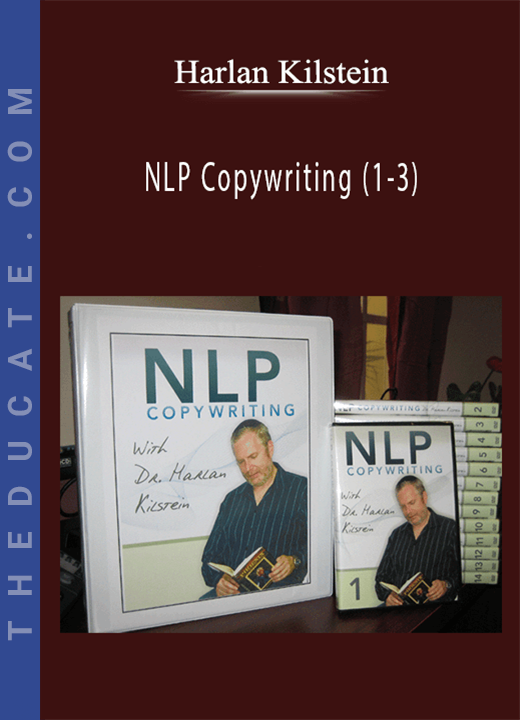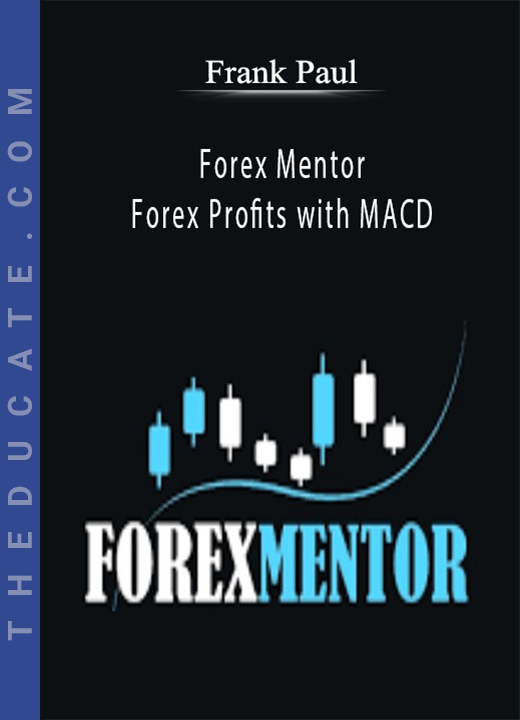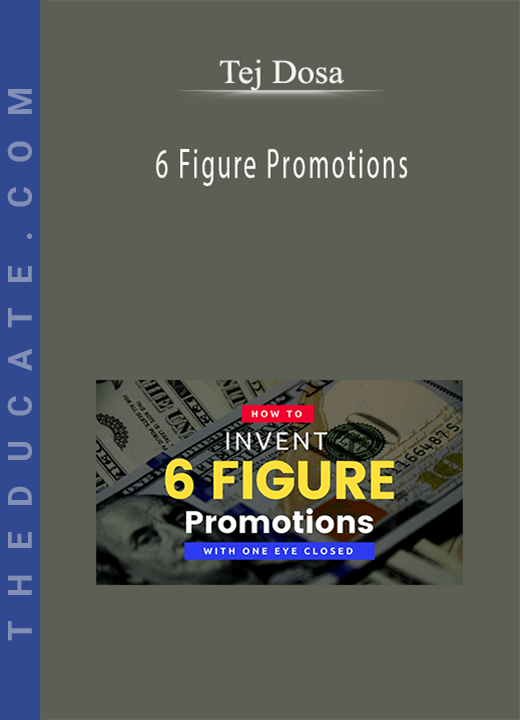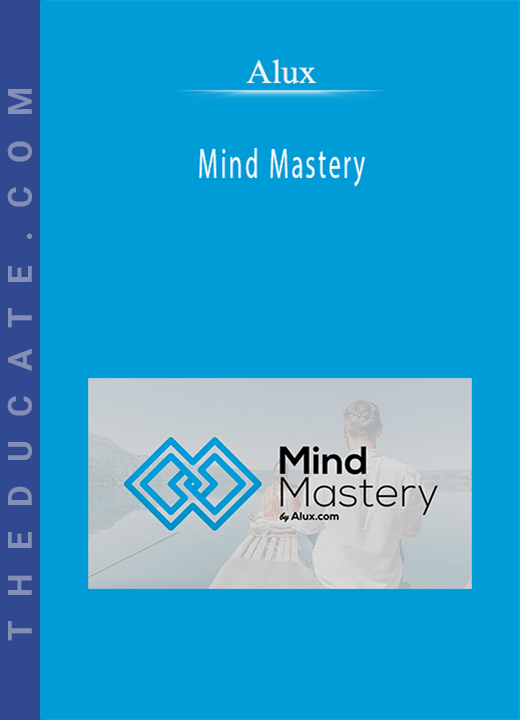Description

Harlan Kilstein – NLP Copywriting (1-3)
How Many NLP Persuasion Language Patterns Can You Spot In This Special Report?
Here’s How You Can Get Really Proficient In The Use of NLP and Copy In The Shortest Possible Time.
Another new copywriter arrives on the crowded scene. In his first month as a pro, he rakes in $32,500 in fees and secures clients who will work exclusively with him for years earning him millions of dollars in fees.
His sales letters quickly become legendary for their high conversion rates – in one case converting 17% to a cold list in a totally different market and in another case causing a near meltdown at PP selling at $110,000 a minute. A letter composed in just 90 minutes in front of a live audience goes on to set the record for the fastest million sold online (28 minutes.)
I’m wondering if you can guess what was the secret behind these successes. How does a newbie copywriter get letters from stars like Gary Bencivenga™ telling his to “keep hitting those homeruns?” Or why do A-list copywriters like John Carlton, David Garfinkel, David Deutsch, Paris Lampropolis, Doug D’Anna and the late Gary Halbert value his opinion? Or why does mega marketer Frank Kern beg to learn these secrets?
I’m about to reveal the secret publicly and show you how you can use it to:
- convert more prospects into clients willing to pay you higher fees than you’ve ever commanded.
- script the behaviors you want the readers of your letters to take and have your clients watch in amazement as your sales letters out pull, out perform, and out class anything they have ever done before.
- lead your clients into a buying trance where they pull out their credit cards on command eager to buy whatever you are offering – sometimes ordering the same product they already own!
- use the most elegant patterns of persuasion which remain undetectable to nearly 100% of the buying public.
- get prospects to fork over big bucks without writing one word of a sales letter!
Here’s Just A Taste of What You Are Going To Discover In The NLP Copywriting Certification Training
- which NLP patterns really work in print and which are just fluff and a waste of your time. (Someone should have clued in the only copywriter who has written about NLP in sales letters because the patterns she recommends are guaranteed to piss of your prospects and get hostile phone calls from clients)
- how to artfully use Milton model language patterns to bypass the conscious mind – starting as early as your headline – and control the mind of your prospects like a master puppeteer
- when to violate traditional rules of grammar and alter time, tone, tense, and persona.
- how to dissociate your client from the copy without ever letting them take their eyes off the page
- when to shift into metaphor and how to make sure it scores and bulls-eye and connects with your audience
- the art of moving the reader in an orchestrated step-by-step formula without them having a clue as to what you are doing
- how to tap into the sub-vocalization going on in the mind of your reader so you can completely redirect their thinking and …have them think it was their own idea
- discover which of the 32 forms of presupposition work best in copy and why you should artfully master their use in your copy
- why you should always future pace the experience of your readers to virtually eliminate buyers’ remorse and minimize returns
- how to get really good (in record time) in the art of simile so you always have the right expression at the tip of your tongue in a fraction of a second
- how to embed commands in print so no one ever picks up on them – even if they know NLP.
- the times you want to create amnesia in a sales letter and how to immediately cause its induction
- when to shift tenses – sometimes in the middle of your sentences – so the buyer thinks he’s already having the benefit of your product.
- why you should always future pace the buying experience and how it can drastically cut down – or even eliminate – returns.
- how to weave criteria throughout your sales letter and really break through all client resistance.
How To Legally Steal Copywriting Secrets From The Top Pros
David Garfinkel, and Brian Keith Voiles.Copywriters Alive Including John Carlton, David Deutsch, Here’s The Backstage Pass Inside The Minds of The Greatest
Plus, You’ll Discover A New Way Of Connecting With Your Audience So Your Conversion Rates Skyrocket.
In 1975, two California researchers stun the therapeutic world by releasing a model of effective therapy. Overnight, they teach people with no background at all in therapy how to accomplish breakthroughs in just a single session. They show how to eliminate years of therapy and accomplish rapid personal change.
But they aren’t finished…
In that same year, they release another model from the therapeutic world. In this case, they have modeled the language, body movements, and tonal changes and shifts of the world’s greatest hypno-therapist. Within days people with no background in hypnosis were covertly inducing deep trance phenomena and assisting people make deep and lasting changes.
The ability to model or copy a behavior is a powerful technology that was at the heart of NLP. By carefully studying the patterns of the exemplar you wanted to model, you could duplicate the behaviors and install them in yourself or someone else.
Bandler and Grinder were able to explain how they modeled the language of Virginia Satir, Fritz Perls, and Gregory Bateson. They were able how they modeled with precision the language patterns of Milton Erickson.
But their partnership broke up before they could fully explain the key question, “How Do You Model Someone” and for nearly 20 years following their split, modeling was a lost skill except for a select few.
The Rebirth of Modeling
In 1997 David Gordon, one of the original core of students who helped formulate NLP, announced a new breakthrough. He produced a simplified version of modeling that was easy to learn and deadly effective.
Gordon’s version centered around a simple template called The Experiential Array.
With the template in your hand, the modeler was able to go deep inside the head of the exemplar and bypass the unconscious blocks to producing a model. Please allow me to explain. With few exceptions, when the exemplar is being modeled, they are not fully aware of all the steps they do. There is significant unconscious activity.
Gordon’s template allows you to produce a subconscious map of the unconscious process of the person being modeled.
Producing A Model That Works
Using Gordon’s Experiential Array, I was able to produce a model called “Winning At Negotiations.” I was immediately able to use this model in salary negotiations and teach others to use it as well.
Like Prometheus discovering fire, I began modeling behaviors I wanted to copy. It was almost too easy.
I rapidly produced a model for being an effective fund raiser and taught it successfully at large seminars.
I was hired to produce a model for selling by telephone and was able to implement a complete training program at a time when I had zero background in sales. (In fact, it’s more than 20 years later and the company is still trying to hire me back!)
In my role as an educator, I produced a model of an effective teacher and presented it to a spell-bound audience at one of the largest teachers’ conferences in the United States.
Having A Secret Advantage
Here’s a secret I never shared. When I began to enter the world of copywriting, the first thing I did was to seek out samples of legendary copywriters like Gary Bencivenga, Jim Rutz, Eugene Schwartz, and Mel Martin. And as I studied each copywriter, I produced a model for each copywriter.
Within a year, I was meeting with the heads of Boardroom and Weiss discussing expanding their online presence. (Remember, I was a rookie copywriter at the time). It was my ability to model and produce deeply hypnotic copy that got me in the door.
But I never took my modeling skills public regarding copy until…
Modeling John Carlton
In front of a packed room, I modeled John Carlton’s copywriting process. John expected the regular questions about hooks and headlines.
Instead he faced a gamut of questions he had never been asked. The room sat spell bound as John went deep inside thinking deeply about the internal processes of being a copywriter.
He went into profound silence and reflection when I asked him the final question, “How do you know when the copy is done…” John gave a simple answer, “When I can tell it is A-level copy.”
But my hypnotic eye could tell the question sent John deep inside himself. And on the way to the airport, John shared the real answer to that question. It was something he had never thought about and certainly something he had never shared…
Modeling David Deutsch
The first time I saw David Deutsch’s copy, I had it filed in my Bencivenga section. The copy was so good I was convinced it was Gary’s work.
Then, I met David Deutsch and learned an entirely new perspective on copy. David is not widely known but some people consider him today’s Gary Bencivenga. And David was gracious enough to allow me to model him.
Talk about differences between Carlton and Deutsch – incredible.
But when you talk about commonalities – there are plenty to be found. David was fascinated by the questions and the process and decided to learn modeling himself.
And then I asked David the key question. “How do you know the copy is done?” He gave me an answer that simply stunned me and offered a penetrating look into the mind of one of the hottest A-level copywriters.
Modeling Brian Keith Voiles
I wasn’t expecting to model Brian Keith Voiles live but it was an amazing experience. Some of us live our lives as adults. Brian lives his life as a kid trapped inside an adult’s body.
Brian’s copy is disarmingly simple. Yet he holds a number of powerful controls. The modeling revealed a secret he uses to create great copy that surprised everyone in the audience.
Brian revealed completely unorthodox strategies for writing his sales letters and showed how he makes writing winning sales letters a non-stop game.
How can strategies so simple be so powerful – you’ll have to try them out for yourself.
Modeling David Garfinkel
I recently sat down with David Garfinkel in a restaurant in San Francisco and pulled out a tape recorder.
Soon we were lost in time as David began to analyze his process of writing a sales letter.
As we were talking, David came to realize there is one thing he does at every step of the way which he used to do on purpose but now… it’s on autopilot.
And it’s probably the number one reason his copy is so effective. You’ll want to hear it and use it right away…
Turn Your No into a Yes – NLP Copywriting 3
Both copywriting and hypnotherapy rely on the use of communication to capture and guide someone’s attention to the end of helping them make desirable changes. Copywriting focuses on leading someone to the purchase of a product or service to USE to make a change (solve a problem, feel better, etc.), while hypnotherapy focuses on the making of the change itself. The end result though in both cases is a change … which should be the goal for both copywriters and hypnotherapists.
If we agree that the communication tasks of copywriters and hypnotherapists are quite similar at their core, then an interesting question arises: can you imagine a hypnotherapist who only had a 1-3% success rate with hypnotherapy clients? Would that be acceptable?
My guess is that the only reason marketers and copywriters are willing to settle for such low conversion rates is because the sheer volume of prospects in a mass marketing campaign results in profits that make even low rates acceptable. So while from a business perspective it may make sense, from a mastery of communication level it’s ridiculous!
Then consider the fact that most small businesses don’t target huge numbers of qualified prospects with their marketing. For them, even a 50% conversion rate should be as unacceptable as it would be for a skilled hypnotherapist!
Hell, what about communication in general? Would a parent be satisfied with such a low success rate when trying to influence a child? One spouse with another?







7 reviews for Harlan Kilstein – NLP Copywriting (1-3)
There are no reviews yet.